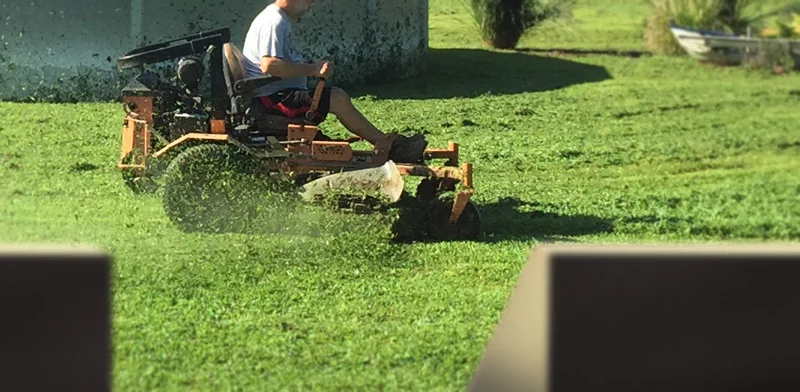In this culture, it seems like strangers don't say hello all that often. What's more common is for two people to cross paths without speaking. I'm not talking about bustling cities and campuses; I'm talking about two strangers passing on a sidewalk in broad daylight or in a well-lit hallway during lunch.
* * *
When I'm outside, and someone walks past my house, I choose to say, "Hello." I say it in a friendly way, with a smile.
There was a time when I would wait to see if someone would greet me first in these situations. If they didn't, I'd wonder if they were shy or unfriendly, or if they felt unsafe for some reason.
But I've realized this: this is my house. This is my little corner of the world. I set the tone, and I can choose to make this a friendly part of the neighborhood. I get that choice.
So... I offer a bright, "hello" and I smile warmly. That's what we do here.



